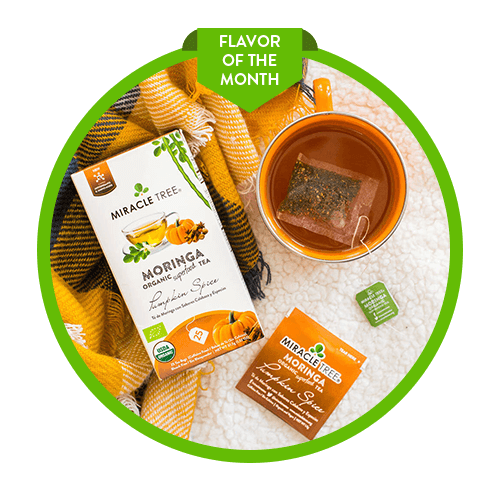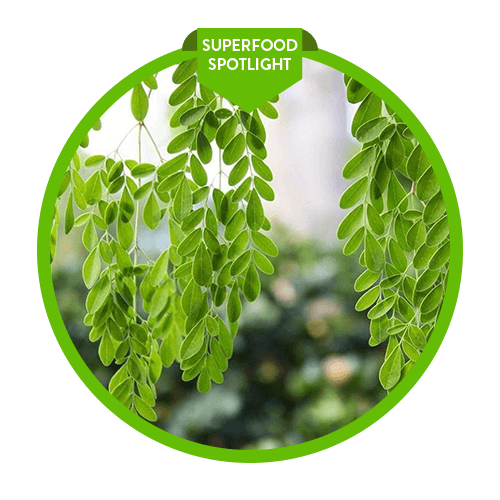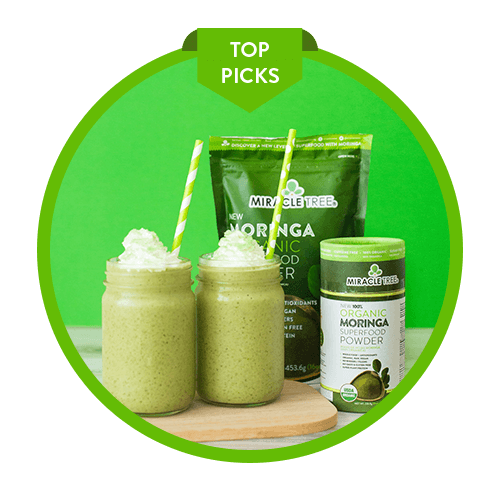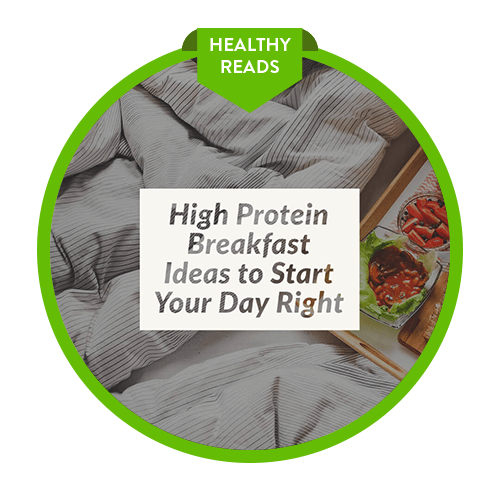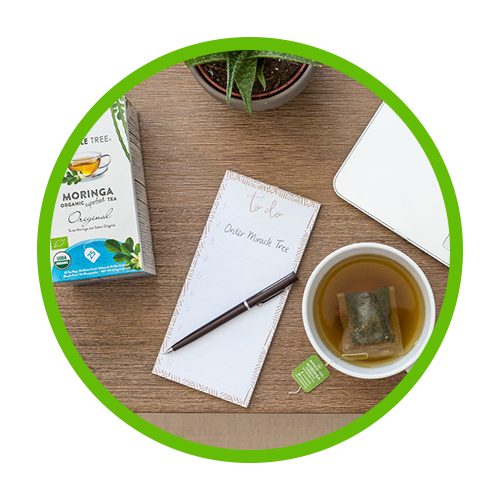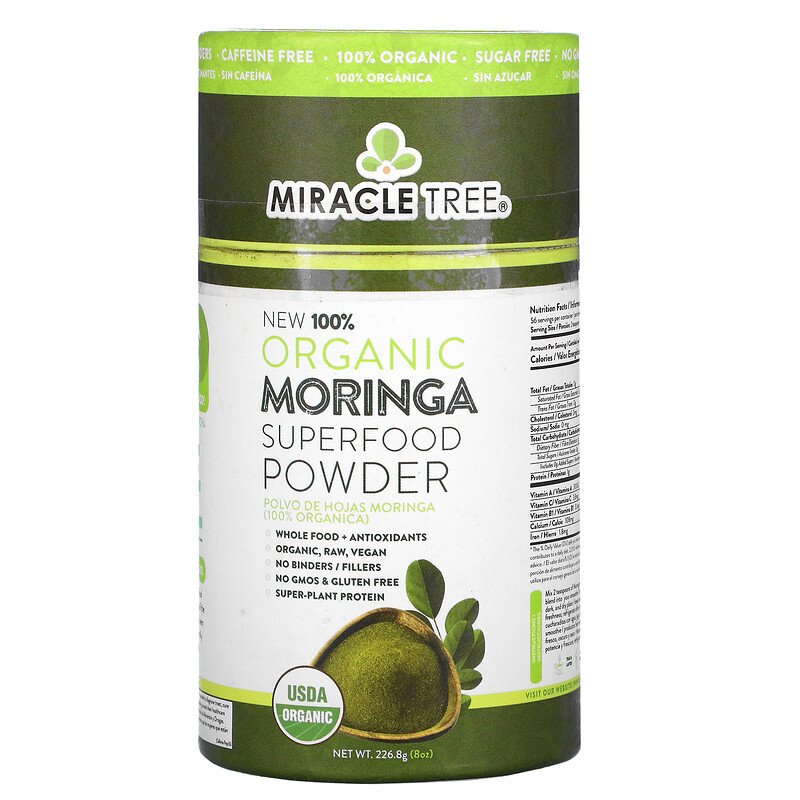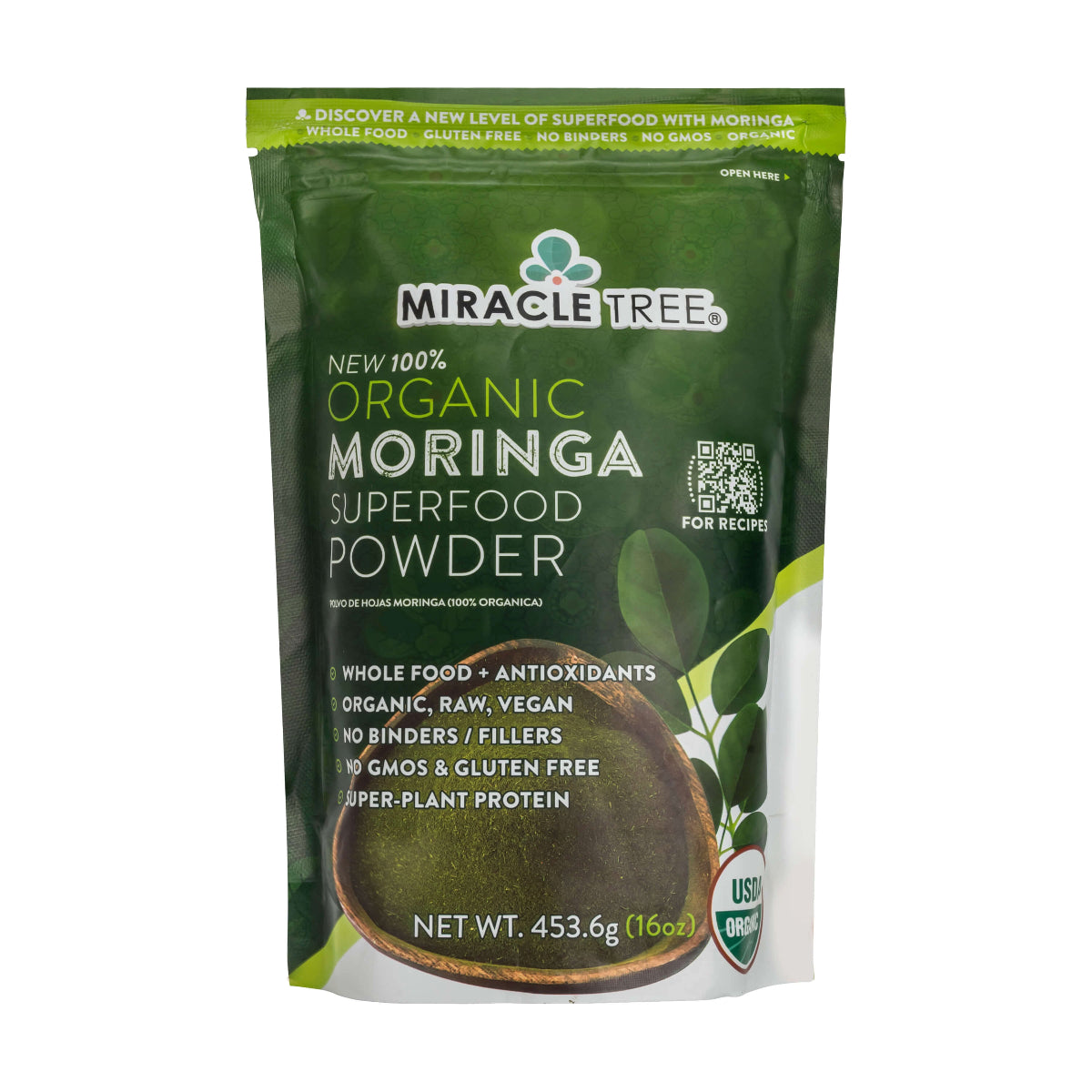Have you ever stood in the middle of the fruit aisle at the supermarket and wondered why a bag of organic apples costs 50% more than the same bag of non-organic apples?
After all, isn’t an apple just an apple? What could possibly be the difference?
You’ve probably asked yourself this question a hundred times and yet… you’d still prefer to buy the organic bag over the regular bag any day! It’s like the word ‘organic’ has a certain type of mesmerizing power that compels us to believe that it is healthier and better than its counterpart. Even though that might be true, what exactly is the difference?
The difference between organic and non-organic food
The main difference between organic and non-organic food is the way it’s produced. In other words, the difference lies in the farming techniques that are used to produce each.
Unlike conventional food, organic food uses farming techniques that emphasize the use of renewable resources and soil and water preservation. They’re subjected to strict regulations under The Organic Foods Production Act (OFPA) and the USDA. Likewise, they must be produced without the use of conventional pesticides, fertilizers, hormones, antibiotics and genetically-modified organisms (GMOs)[1]. Furthermore, organic regulations prohibit or severely limit the use of processing aids, food additives and fortifying agents commonly found in non-organic food.
Consequently, most people cite healthy eating and the avoidance of chemical residues as the primary reasons why they’ve chose to purchase organic produce[2]. While there’s no concrete evidence that supports the claim that organic food is ‘healthier,’ several studies have found that organic food has more antioxidant compounds and lower levels of toxic pesticides than regular food[3].
In fact, one could say that the use of pesticides in regular food is the major reason why people choose to buy organic.
What are pesticides, and how do they affect you?
The term ‘pesticides’ consist of a wide variety of compounds, including bactericides, insecticides, herbicides, and fungicides among others[4].
Pesticides are used to control or kill pests that feed on crops, spread disease and/or damage property. Unfortunately, the effects of such pesticides can’t be contained to the targeted pests as they tend to spread through the wind, run off into the water, contaminate animals, and leave residues on produce[5].
Due to their toxic nature, pesticide exposure is a major concern as it has been linked to a plethora of diseases. Notably, multiple studies have associated pesticide exposure with Parkinson’s disease, childhood leukemia, lymphoma, asthma and autism[6].
Before you panic, please be aware that the conditions mentioned previously consider significant levels of pesticide exposure, which can be absorbed through the skin, through the lungs or by the mouth[7].
There’s only so much you can do to protect yourself since pesticide exposure can be happen anywhere at any time, but you can certainly lessen the risk by choosing organic food that has significantly less pesticide residue.
If you choose to buy organic, please keep in mind…
Just like all humans are not created equally, all organic food is not the same. You need to be on the lookout for the USDA ‘Organic’ seal, and you must be able to differentiate the various types of organic food.
Remember…
- 100% Organic = made entirely of organic ingredients
- Organic = made of at least 95% organic ingredients
- Made with Organic = made of at least 70% organic ingredients[8]
If you’re still a bit confused about the labels, take our moringa tea as an example. As you can see, we have our USDA Organic seal displayed in our product’s packaging so that customers like you know exactly what they’re buying!
* Disclaimer: Miracle Tree® products are not intended to diagnose, treat, cure, or prevent any disease.
Sources:
[1] https://www.nal.usda.gov/afsic/organic-productionorganic-food-information-access-tools
[2] https://www.theguardian.com/environment/2014/jul/11/organic-food-more-antioxidants-study
[3] https://www.theguardian.com/environment/2014/jul/11/organic-food-more-antioxidants-study
[4] http://www.epa.nsw.gov.au/your-environment/pesticides/pesticide-use-nsw
[5] https://www.globalhealingcenter.com/natural-health/effects-of-pesticides/
[6] http://www.havahart.com/why-organic-harmful-effects-of-chemical-pesticides
[7] http://www.ccohs.ca/oshanswers/chemicals/pesticides/health_effects.html
[8] https://www.healthline.com/nutrition/what-is-organic-food#section7

